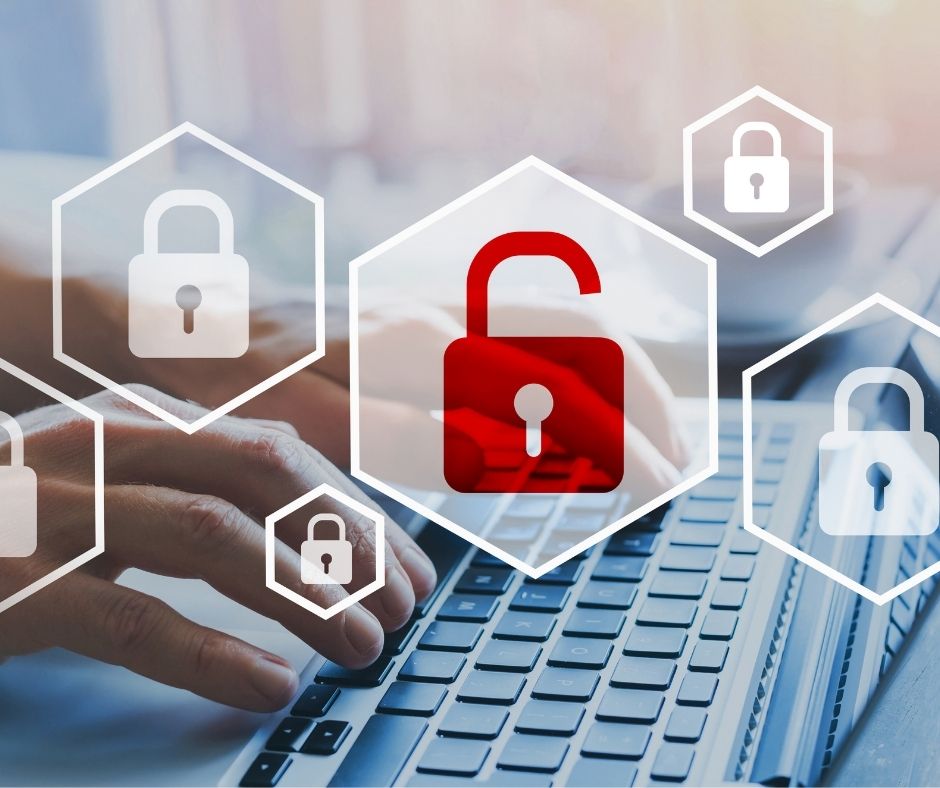Cyber security best practices should be used by everyone online. However, it’s even more important for seniors because they are at higher risk for a security breach. Cyber security is about risk reduction and here are eight tips to help you stay safe.
Cyber Security Best Practices for Older Adults
Make Strong Passwords
Most seniors don’t use passwords on their internet-enabled devices, which leaves them vulnerable to cyber-attacks. You should lock all of your devices including:
- Computers
- Tablets
- Smartphones
This will prevent anyone from gaining access to your sensitive information in the event your device is lost or stolen. Consider using a strong password that is hard to guess. These are typically 12 characters long with at least one uppercase letter and one symbol, like an exclamation point. Try to avoid including personal information in your password, like the name of a pet or your birthday.
Secure Access to Your Accounts
Considering that passwords can be stolen, adding two-step authentication to your important accounts adds a second layer of protection. Many apps and websites that you log in to offer free options to help protect you and your information to ensure you are the only person who can gain access.
Think Before You Act
There are a lot of scams out there. Be aware that urgent-sounding calls or emails about your bank account could be a scam. Whenever you are questioning the legitimacy of a call or email, contact your bank directly.
When in Doubt, Throw it Out
Scammers often gain access to your information when you click links in bogus emails. If an email seems suspicious, even if you know who sent it to you, it’s best to delete it immediately without clicking on anything. Keep in mind, your friends can get hacked so even if they send you something through their account on Facebook, it might be a scam. Never open or click anything if you don’t know for sure where it comes from.
Share with Care
Be very careful with what you share on social media. Just like how you should hold off on posting vacation pictures until after you return home to avoid break-ins, you should not share things on social media that could compromise your security. Adjust your privacy settings to limit who can see your information and avoid sharing your location.
Use Security Software
You should be sure to install security software from a reliable source on your devices and keep it updated. It is a best practice to install anti-virus software and run it regularly. You may have security updates to maintain, but be wary of these as updates and pop-up ads may also be malware. Be sure only to update software from your security provider.
Adjust Your Browser Safety Settings
No matter what browser you use like Google Chrome, Explorer, or Firefox, be sure to adjust your setting in each of those browsers and set your option for maximum security.
Log Out
Always remember to log out of apps and websites when you are finished using them. Leaving this information open could leave you vulnerable to security and privacy breaches.
Want to learn more about what technology has to offer in your senior years? Check out our eBook, Control Your Technology: A Senior’s Guide to the Future of Retirement!
Confident Living is a continuing care at home membership program, focused on helping you remain active and independent as you age in your own home. We serve the greater Cincinnati area. For more information, contact us online or call (513) 719-3522.
